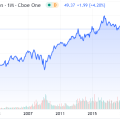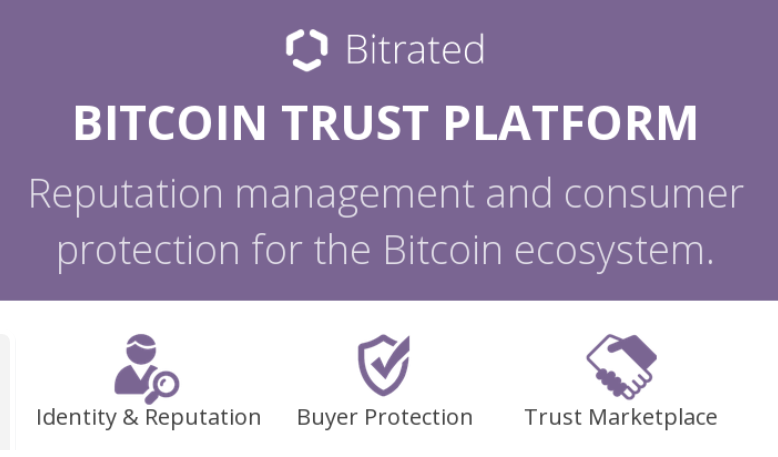The US is directly targeting Russia’s ability to export liquefied natural gas for the first time, in a move that could cause disruptions in global energy markets that Washington has so far been keen to avoid.
European countries continued importing Russian LNG even after Moscow’s full-scale invasion of Ukraine last year, which triggered an energy crisis after Moscow slashed pipeline supplies to the continent. Until recently, the US has sought to avoid disrupting flows so as not to increase the pressure on allies battling a shortage.
But in early November, the US State Department announced sanctions on a new Russian development known as Arctic LNG 2 — in effect blocking countries in Europe and Asia from buying the project’s gas when it starts producing next year, according to officials, lawyers and analysts.
Francis Bond, sanctions specialist at law firm Macfarlanes, said that by targeting the project operator, the US was seeking to “toxify the project in its entirety” and would put “pressure on any non-US companies planning to purchase the flows from Arctic LNG 2”.
While the US and its allies have imposed sanctions on Russian energy projects in the past in response to the war in Ukraine, seeking to starve them of financing and equipment, this is the first time LNG supplies are directly affected.
US officials sought to differentiate between existing supplies and those set to come to the market in the relatively near future, but acknowledged that the aim was to hurt Russia’s ability to profit from selling more fossil fuels.
“We do not have a strategic interest in reducing the global supply of energy, which would raise energy prices around the world and pad (Vladimir) Putin’s profits,” said the State Department.
“We, and our allies and partners, however, share a strong interest in degrading Russia’s status as a leading energy supplier over time.”
Arctic LNG 2, located on the Gydan Peninsula in the Arctic allowing it to export to both the European and the Asian market, would be Russia’s third large-scale LNG project, bolstering the Kremlin’s ambition of becoming a leading exporter in the field. At full production, it would account for a fifth of Russia’s target of producing 100mn tonnes of LNG annually by 2030, more than three times the volume the country exports now.
The project was expected to start shipping LNG to the international market in the first quarter of 2024. Market analysts have said those volumes would alleviate some of the tightness in the global LNG market brought about by Europe’s increased demand.
But Energy Aspects, a consultancy, said it was removing the expected Arctic LNG 2 output from its modelling of supply and demand for next year, saying the sanctions would tighten the market.
Arctic LNG 2 is led by Russian private company Novatek, which holds a 60 per cent stake. Other shareholders are France’s TotalEnergies, two Chinese state-owned companies and a Japanese joint venture between trading house Mitsui & Co and government-backed Jogmec, each holding 10 per cent stakes.
Shaistah Akhtar, a partner and sanctions specialist at law firm Mishcon de Reya, said the US restrictions would in effect block the project for western buyers.
“If you are going to comply with US sanctions, as most people will if they have any kind of dealings with the US, they will not buy the gas coming from the project,” she said. “Unless you have some sort of licence or exemption in place.”
The investors in Arctic LNG 2 are able to take gas from the project according to their shareholding. For Total and its partners in the joint venture, that would mean about 2mn tons when the project is at full production. But under the sanctions, shareholders have until the end of January next year to wind down their investments.
Western-aligned investors “could possibly apply for exemptions with phase down dates”, said Kaushal Ramesh, head of LNG analytics at Rystad Energy. This could allow some LNG to flow from the project to western-allied markets, in a similar way to how Japan has been authorised to import Russian crude oil from the Sakhalin 2 project above the price cap.
Mitsui said the company would “comply with the sanctions law regarding its LNG offtakes” and that it was “currently considering specific details”. Jogmec said it was “gathering information from stakeholders and conducting a thorough investigation of the progress of the situation”.
Total said: “The consequences of the designation?.?.?. by the US authorities on TotalEnergies’ contractual commitments to Arctic LNG 2 are currently being assessed.”
France’s finance minister Bruno Le Maire, speaking at an event on Thursday, said the sanctions “do not pose any major risk for European gas supplies” as of now. However, Japan’s industry minister Yasunori Nishimura said last week that “a certain degree” of impact to Japan was “inevitable”.
The US has not directly targeted Russia’s other major LNG projects, Yamal LNG and Sakhalin 2, which are shipping the fuel to Europe and Asia.
Anne-Sophie Corbeau, gas specialist at Columbia University’s School of International and Public Affairs, said that if Arctic LNG 2 does not start exporting as planned in 2024, it “will keep the markets a bit tighter for longer”.
The sanctions will hit Russia’s longer-term ambition to increase LNG supplies and rival leaders in the market such as the US and Qatar. “It’s not possible,” said Laurent Ruseckas, a gas expert and executive director at S&P Global. “It’s too hard to get it done when [Russia] is excluded from so many parts of the financial system and global economy.”
Additional reporting by Sarah White in Paris



